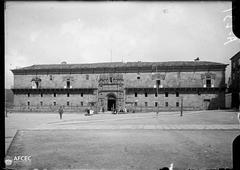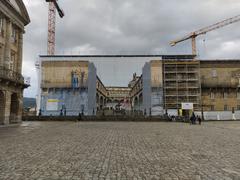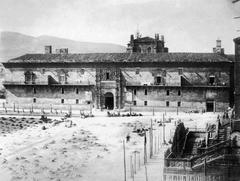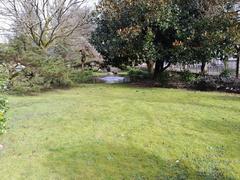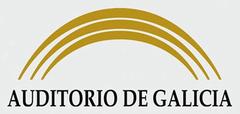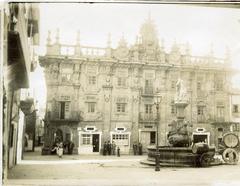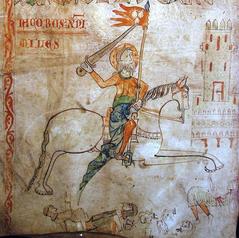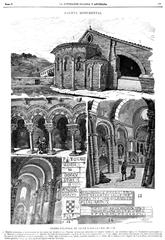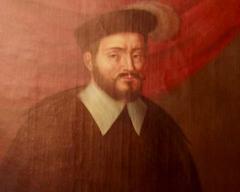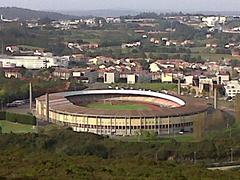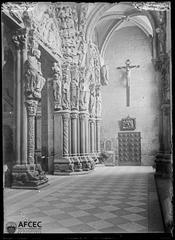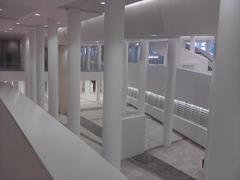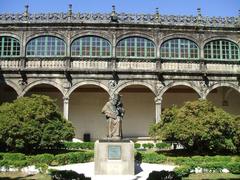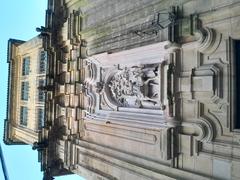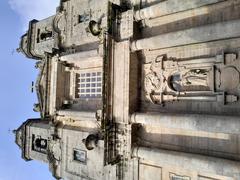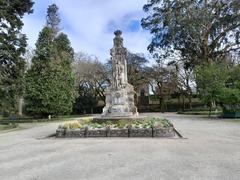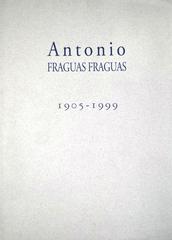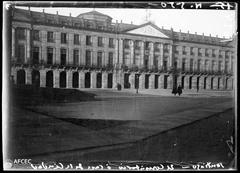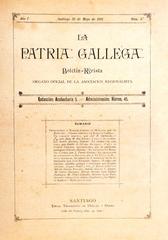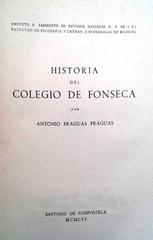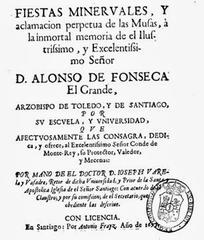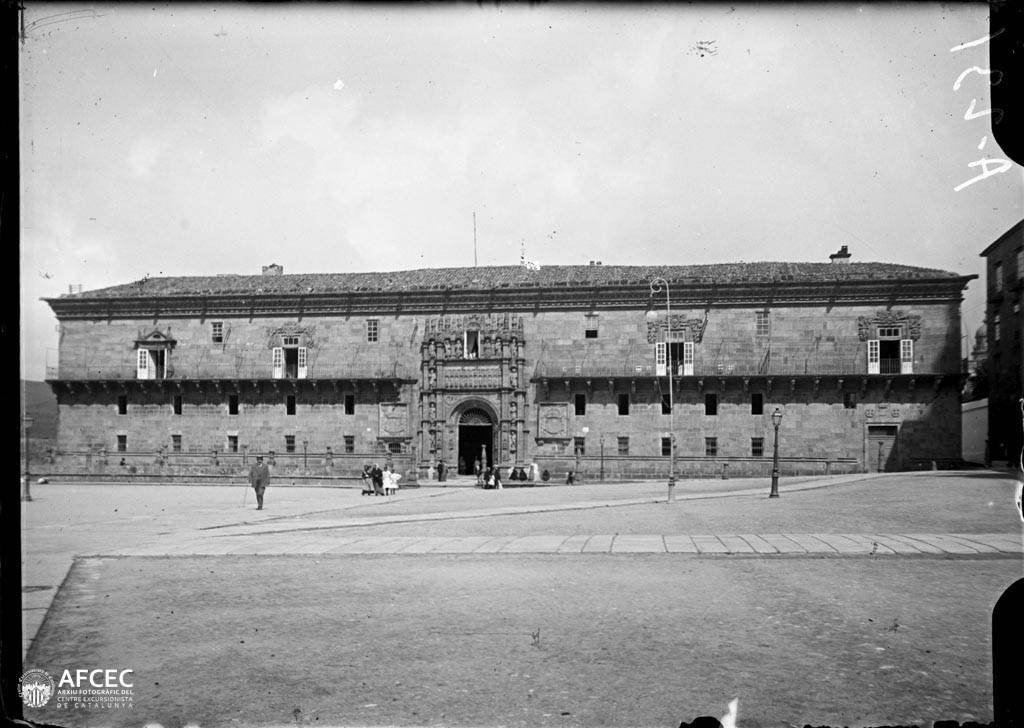
Hospital de los Reyes Católicos Santiago de Compostela: Visiting Hours, Tickets, and Travel Guide
Date: 14/06/2025
Introduction
Nestled in the heart of Santiago de Compostela, the Hospital de los Reyes Católicos—also known as the Hostal dos Reis Católicos or Parador de Santiago—is a symbol of hospitality, history, and artistic grandeur. Originally established in 1499 by the Catholic Monarchs, Queen Isabella I of Castile and King Ferdinand II of Aragon, it was built to care for pilgrims arriving after their journey on the Camino de Santiago. Today, it stands as a five-star Parador hotel and a living monument to Spain’s rich pilgrimage tradition, welcoming guests and visitors from around the world (Wikipedia; Mundiplus).
This comprehensive guide covers the site’s history, architectural highlights, visiting hours, ticketing, accessibility, and practical travel tips—ensuring you make the most of your visit to this Santiago de Compostela historical site.
Table of Contents
- Introduction
- Historical Background
- Evolution and Modern Use
- How to Visit: Essential Information
- Nearby Attractions and Travel Tips
- Frequently Asked Questions (FAQ)
- Conclusion
- Sources and Further Reading
Historical Background
Foundation and Royal Patronage
Conceived during the height of the Camino de Santiago pilgrimage, the Hospital de los Reyes Católicos answered the urgent need for medical and spiritual care for thousands of weary travelers. In 1486, the Catholic Monarchs visited Santiago, and moved by the plight of the pilgrims, they commissioned the hospital’s construction. Funding came partly from revenues earned after the conquest of Granada in 1492 (Wikipedia; La Sexta).
Architectural Significance
Construction began in 1501 under the supervision of Enrique Egas and was completed in 1511. The design was inspired by Renaissance Italian hospitals, particularly Milan’s Ospedale Maggiore, and features a geometric layout with four cloisters and a grand Royal Chapel. The façade is a masterpiece of Spanish Plateresque style, adorned with medallions, coats of arms, and religious iconography reflecting the building’s dual civic and spiritual role (Que ver en el Mundo; Spain.info).
Role in Pilgrimage Tradition
Strategically located on the Plaza del Obradoiro, opposite Santiago’s cathedral, the hospital served as the first sanctuary for pilgrims completing the Camino. Beyond medical care, it offered food, shelter, and spiritual support, with a tradition of providing free meals and lodging for a set period to pilgrims presenting their Compostela certificate—a gesture that continues in symbolic form today (Aurora Bird Travel; El Camino con Correos).
Evolution and Modern Use
Through the centuries, the hospital was expanded and adapted to serve not only pilgrims but also local populations as an orphanage and refuge. In the 20th century, advances in healthcare led to its transformation from a medical facility into a luxury hotel. Since 1954, it has been part of the Paradores Nacionales network, preserving its historical essence while offering world-class hospitality. Today, the Parador de Santiago maintains strong ties to Camino traditions, including offering complimentary meals to the first ten certified pilgrims each day (Wikipedia; Aurora Bird Travel).
How to Visit: Essential Information
Location and Access
- Address: Hostal dos Reis Católicos, 1 Plaza do Obradoiro, 15705 Santiago de Compostela, Spain
- Phone: +34 981 582 200
- Official Website: Parador de Santiago de Compostela
Getting There:
- By Air: Santiago de Compostela Airport (SCQ) is 12 km from the city center; taxis and shuttle buses are available (Caminosantiagocompostela.com).
- By Train/Bus: Both stations are within easy reach of the Old Town.
Visiting Hours
- Parador Reception: Open 24/7 for guests and inquiries.
- Historical and Public Areas: Generally accessible daily from 10:00 AM to 7:00–8:00 PM, with last admission 30 minutes before closing. Hours may vary seasonally and during special events; always confirm with the hotel or on the official website.
- Restaurants: Lunch typically 1:00–3:30 PM; dinner 8:00–11:00 PM (reservations recommended).
Tickets and Tours
- Admission:
- Lobby and some public spaces: Free access for all visitors.
- Guided tours (including cloisters and chapel): Available for a fee, usually €6–€8 per person, with discounts for seniors, students, and children.
- Hotel guests have complimentary access to most areas.
- Where to Buy: Tickets can be purchased at the Parador reception, online via the official website, or through local tourism offices. Advance booking is recommended in peak seasons.
Accessibility
- Wheelchair Access: Most public areas, including main courtyards and chapel, are accessible via ramps and elevators. Some historic features (uneven floors, narrow corridors) may pose minor challenges.
- Assistance: Notify hotel staff in advance for specific needs.
Dining and Accommodation
- Restaurants:
- Restaurante dos Reis: Elegant Galician cuisine with local seafood and produce.
- Restaurante Enxebre: Traditional tapas and regional specialties in a relaxed setting.
- Accommodation:
- 137 rooms and suites with period décor and modern amenities; rates from €200–€400+ per night. Early reservations are essential during busy periods (PlanetWare).
Unique Pilgrim Tradition
The Hostal dos Reis Católicos continues its centuries-old gesture by providing a free meal to the first ten certified pilgrims each day.
- How to Qualify: Obtain a ticket from the Pilgrim Reception Office upon arrival in Santiago.
- Meal Time: 1:00 PM in one of the Hostal’s dining rooms (Fundación Jacobea).
Nearby Attractions and Travel Tips
- Cathedral of Santiago de Compostela: Directly opposite the Hostal; a must-see for its architecture and religious significance.
- Pazo de Raxoi: Neoclassical city hall building on Plaza del Obradoiro.
- Museum of Pilgrimage: Explore the spiritual and historical context of the Camino.
- Old Town Streets: Wander through UNESCO-listed medieval streets filled with shops and cafes.
Travel Tips:
- Arrive early (especially May–September) to avoid crowds.
- Combine your visit with a cathedral tour.
- Weekday mornings are generally quieter.
- Photography is permitted in public spaces; always check before photographing interiors.
Frequently Asked Questions (FAQ)
Q: What are the Hospital de los Reyes Católicos visiting hours?
A: Public areas are generally open 10:00 AM to 7:00–8:00 PM; check the website or with reception for up-to-date times.
Q: How much do tickets cost?
A: Guided tour tickets are typically €6–€8, with discounts for students, seniors, and children. General access to the lobby and some spaces is free.
Q: Is the building wheelchair accessible?
A: Yes, most public areas are accessible. Contact the hotel for specific needs.
Q: Are guided tours available?
A: Yes, regular guided tours are offered; booking ahead is advised during busy seasons.
Q: Can non-guests dine at the Hostal’s restaurants?
A: Yes, but reservations are recommended.
Q: How can pilgrims receive the free meal?
A: Be among the first ten certified arrivals at the Pilgrim Reception Office and present your ticket at the Hostal.
Conclusion
The Hospital de los Reyes Católicos remains a beacon of compassion, hospitality, and architectural splendor at the heart of Santiago de Compostela. Whether you’re a pilgrim, a history enthusiast, or a traveler seeking cultural depth, this site offers a profound journey through the legacy of the Camino de Santiago and the enduring values of Spain’s royal and religious heritage. Plan your visit in advance, explore the rich history, and immerse yourself in an unforgettable experience.
For more information, guided tours, and up-to-date visitor tips, download the Audiala app and explore our related articles on Santiago de Compostela’s historical sites.
Sources and Further Reading
- Wikipedia: Hospital de los Reyes Católicos
- Mundiplus: Hospitals for Pilgrims on the Camino de Santiago
- Que ver en el Mundo: Hospital de los Reyes Católicos
- PlanetWare: Santiago de Compostela Attractions
- Aurora Bird Travel: Hostal dos Reis Católicos
- Parador de Santiago de Compostela - Official Website
- El Camino con Correos: Hospitales de Peregrinos
- Fundación Jacobea: Welcome to Pilgrims at the Hostal
- Caminosantiagocompostela.com: Santiago de Compostela Visitors Guide
